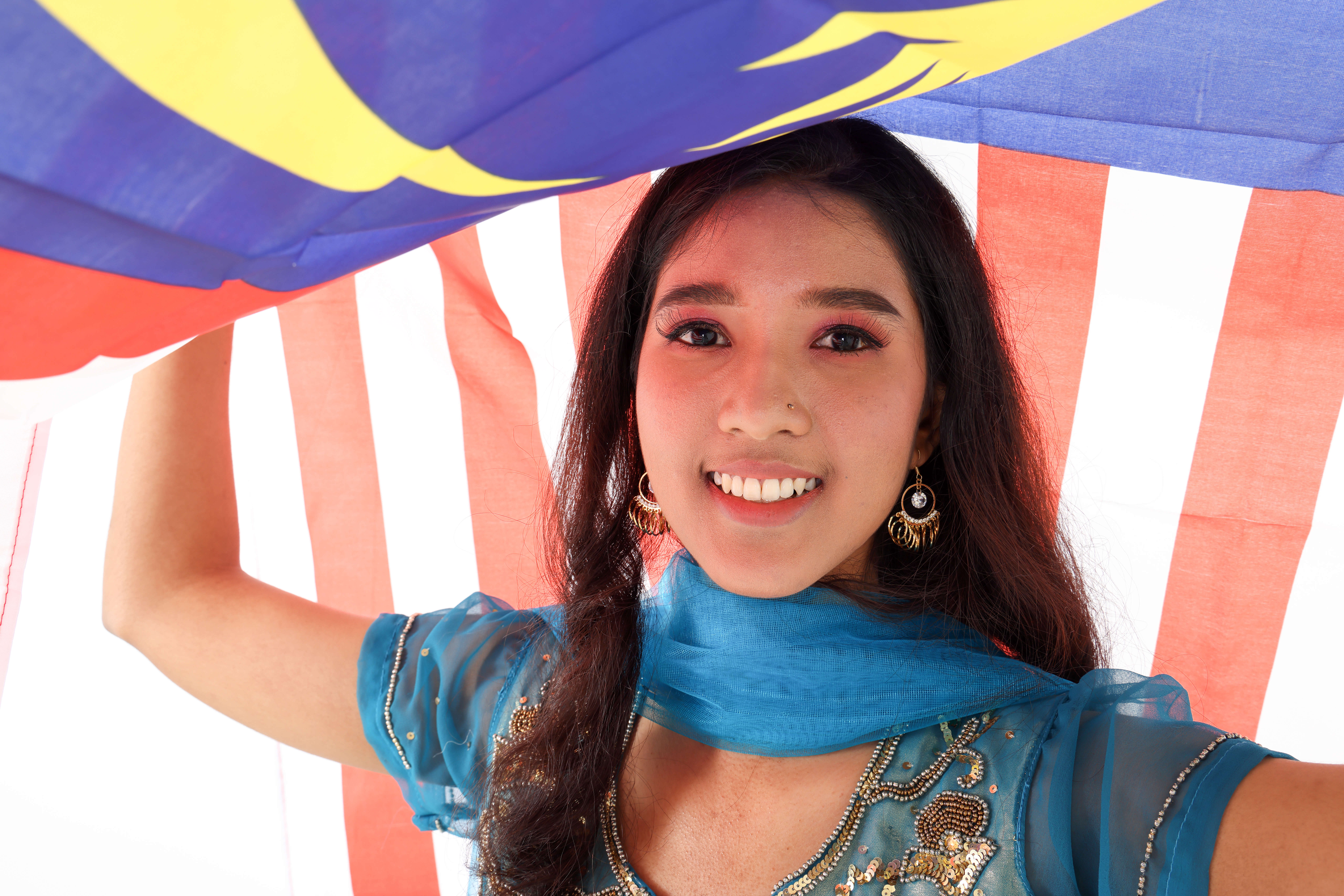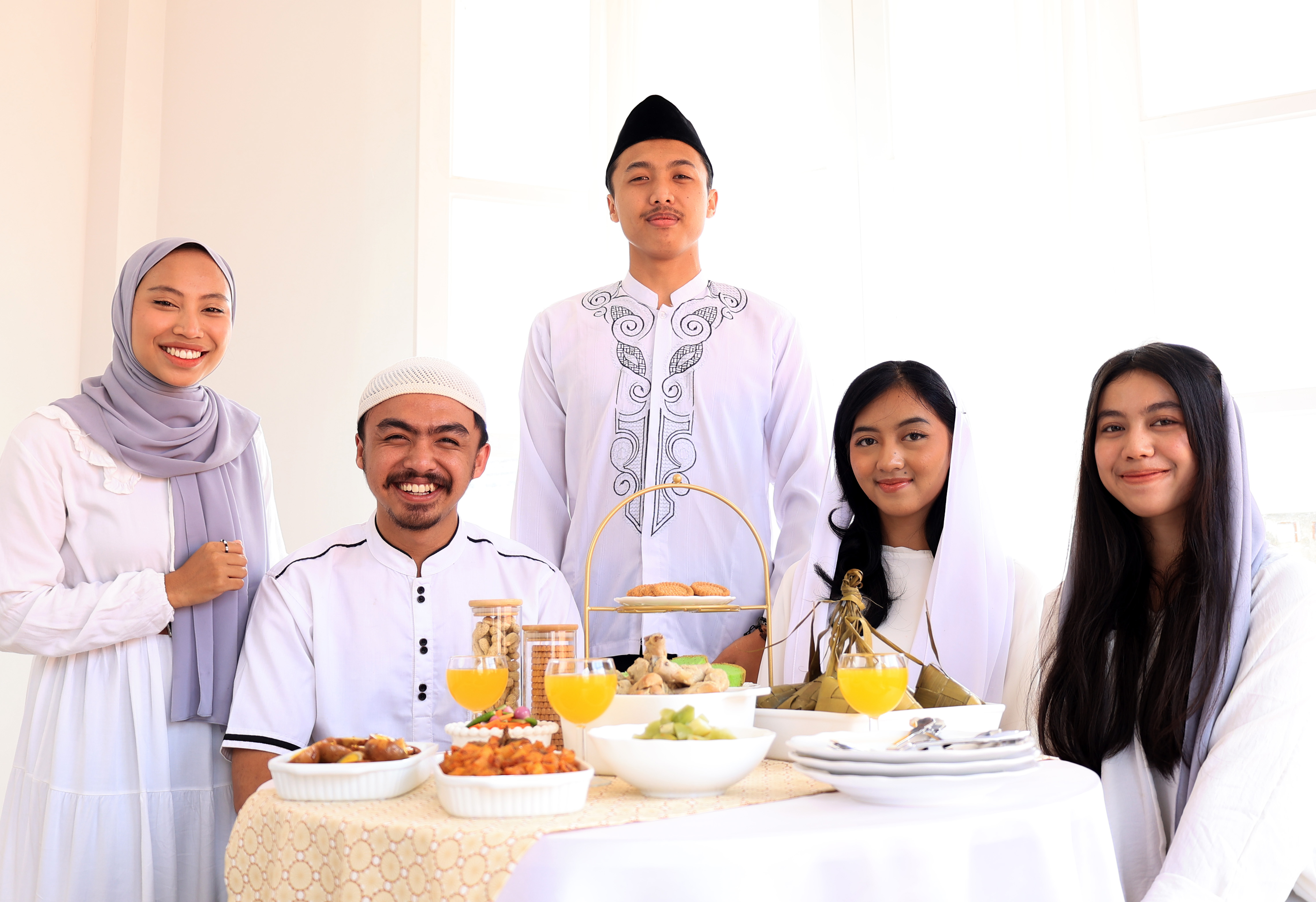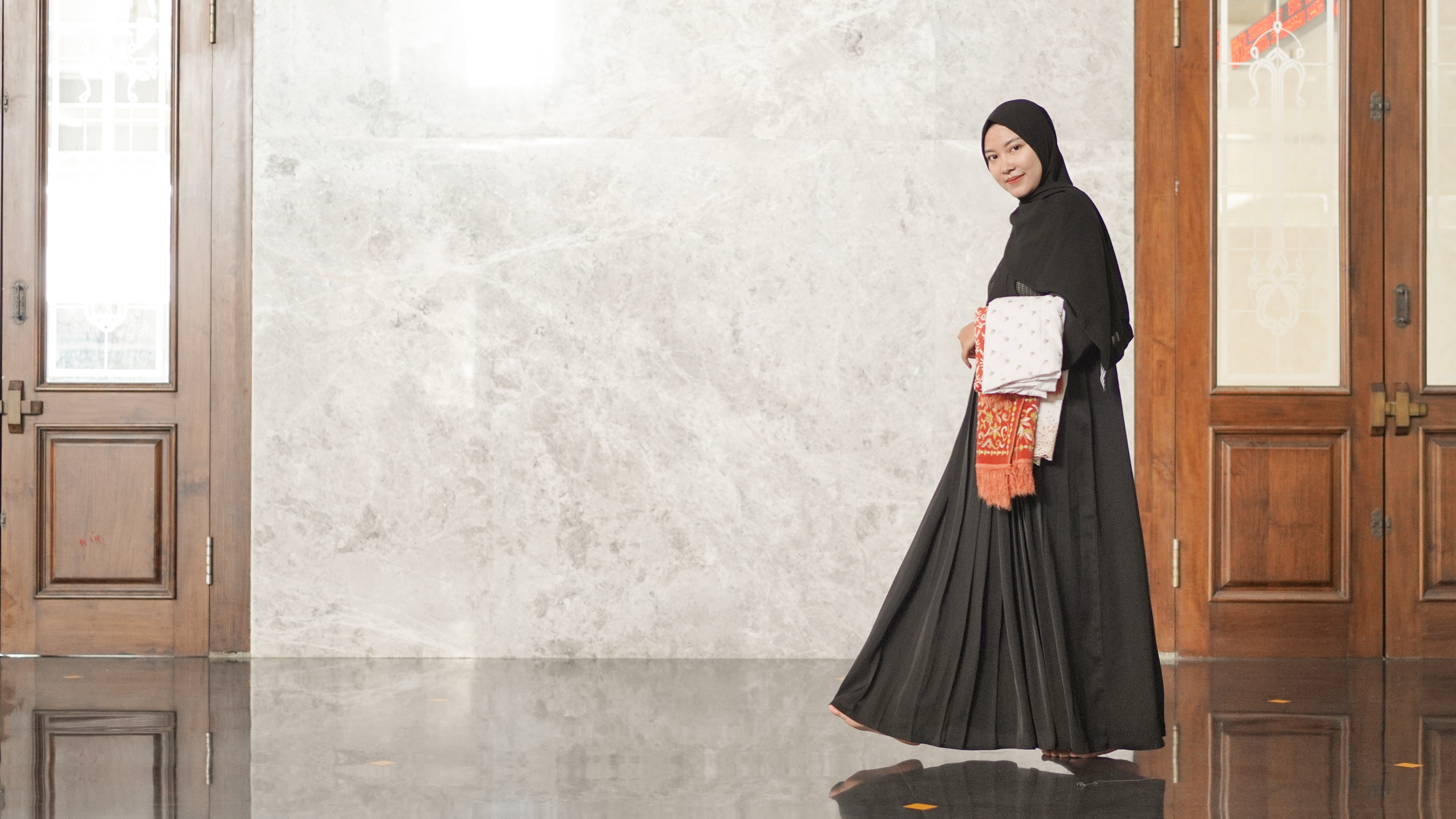
Understanding Malaysian Etiquette: Do’s and Don’ts for Visitors
Malaysia’s rich cultural diversity is one of its greatest charms. With a harmonious blend of Malay, Chinese, Indian, and indigenous traditions, it’s a country that values respect and mutual understanding. To fully enjoy your time in Malaysia and avoid unintentional faux pas, it’s essential to understand Malaysian etiquette. This guide will help you navigate social customs, dining norms, and cultural practices with ease.
Here’s what you’ll discover:
- Key Aspects of Malaysian Etiquette
- Cultural and Historical Experiences
- Travel Tips for Respectful Behavior
Key Aspects of Malaysian Etiquette

Greetings and Introductions
In Malaysia, greetings are a reflection of respect and consideration for cultural diversity.
- Handshakes and Greetings: Handshakes are common but can vary based on cultural or religious backgrounds. For Muslims, the salaam gesture (light handshake followed by placing the hand over the chest) is often preferred.
- Titles and Honorifics: Malaysians value proper forms of address. Use titles like Encik (Mr.), Cik (Ms.), or Dato for individuals with honorary distinctions.
- Non-Verbal Communication: A genuine smile and nod are key to leaving a positive impression. Pointing with the index finger is impolite; instead, gesture with your thumb while keeping the fingers folded.
Social Etiquette
Respect is at the heart of Malaysian social interactions. Avoid actions that may unintentionally offend.
Dining Etiquette

Food is a major part of Malaysian culture, and dining customs reflect the country’s emphasis on respect and togetherness.
- Halal Considerations: Always check if the food is halal when dining with Muslim companions. Alcohol should only be served if explicitly requested.
- Table Manners: Forks and spoons are the norm, while chopsticks are reserved for Chinese meals. Avoid using your left hand for eating or passing items, as it’s considered unclean.
- Visiting a Home: Remove your shoes before entering and wait for the host to indicate seating arrangements. Bring a small gift as a gesture of appreciation.
Cultural and Historical Experiences

Dress Code
Malaysia’s multicultural society calls for mindful choices in attire, especially in religious or rural areas.
- Urban areas are more relaxed, but modest clothing is expected at mosques, temples, and rural villages.
- Women should cover their shoulders and knees when visiting sacred spaces, while men should avoid shorts in formal or religious settings.
Religious Customs
Malaysia is home to multiple faiths, and respecting religious practices is vital:
- During Ramadan, refrain from eating, drinking, or smoking in public during daylight hours.
- At Buddhist and Hindu temples, remove your shoes and dress conservatively.
- Visitors to Christian churches should follow similar modesty guidelines.
Gift-Giving Etiquette
Gifts are a thoughtful way to express gratitude but should be chosen carefully:
- Suitable gifts include sweets, fruits, or flowers. Avoid alcohol when gifting Muslim acquaintances.
- Always use your right hand or both hands when presenting or receiving gifts.
Travel Tips for Respectful Behavior
Understanding local customs can help you leave a positive impression while exploring Malaysia:
- Public Spaces: Avoid loud behavior, and always give up seats to elders or individuals with special needs on public transport.
- Rural Interactions: Be patient and respectful, as English may not be widely spoken in some areas.
- General Do’s and Don’ts: Respect personal space, avoid intrusive questions, and always show gratitude with a smile or polite words.
Malaysia’s unique blend of cultures makes it an extraordinary destination, and understanding Malaysian etiquette ensures you experience its charm without unintended missteps. From respectful greetings to mindful dining practices, these small efforts can make a big difference in your interactions.
Ready to immerse yourself in Malaysia’s rich culture? Start by applying for an AIP internship and gain firsthand experience in one of Asia’s most dynamic countries!
